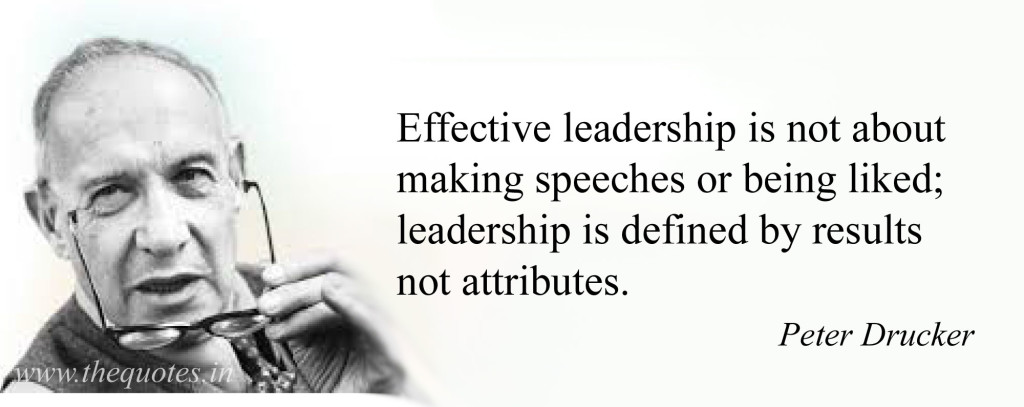
In early 2015 I commenced with my first posting of Parks4Life:
Welcome to Parks4Life – Exploring Leadership and Innovation in park management
That blog outlined the key areas that I would focus on. Since that first post I have explored:
- Design Legacy – a conceptual concept that isn’t discussed or explored in the park management sector even though it is embedded in the National Park legacy and there will be much debate about what it is.
- Park Governance Models – There have been many examinations of “park” management arrangements from a range of different perspectives such as governance, leadership, business models, revenue generation and innovation.
- Key Emerging Innovations – such as London National Urban Park, NESTA Rethink
However, it has taken until now to come back to the “central” theme – leadership. This blog commences this reflection and forward look at leadership in parks.
In 1995, I completed a Masters Research Thesis (as part of my MBA) on “A Review of Managerialism in Park Organisations in Australia”:
My interest in “Managerialism” and its impact in Public Sector management developed due to the interesting and frank discussions and debates that were a part of the Monash MBA program. In this regard special recognition is due to the staff of the Public Sector Management Institute at Monash University especially David Corbett, Race Mathews and Professor Bill Russell.
This thesis involved an investigation of managerialism in Park organisations in Australia. The application of the techniques introduced as part of the managerialist reform of Australian Park and Open Space organisations is examined and an alternative approach that enhances the likelihood of achieving the expected improvements is explored.
The managerial reforms in Australia have changed the public sector dramatically and the traditional public sector administration has all but disappeared. However, the value of the reforms have been extensively debated and few empirical studies have been undertaken.
This paper explores the hypothesis that a holistic approach to the management of organisations may improve the chances of delivering the anticipated improvements which stakeholders including staff, management, clients and owners, desire. Holistic management can best be described as a management philosophy founded in the quality movement and not a single management tool.
During the time I was undertaking my Thesis, I was taken by an observation by Peter Drucker (1974) in his book Management stated that:
“Few (government) service institutions today suffer from having too few administrators; most of them are over administrated, and suffer from a surplus of procedures, organisation charts and management techniques. What now has to be learned is to manage the service institutions for performance. This may well be the biggest and most important management task of the century” (p.166).
This statement (observation?) is still so very true and seems to haunt the public sector throughout the western world.
It has only been a recent event with an organisation that I have had some previous involvement with, that brought me back to this central theme of leadership and Peter Drucker.
I have recently published seven relative short articles through LinkedIn around a modern interpretation of leadership and the present leadership of integrity, visions and impact. The public sector in the western world is gripped in a focus on what “leadership” means and what is integrity. This discussion reminds me of the 1980’s debates on NPM – New Public Management – an era where rigorous debates were encouraged that help reshape the concept of Public Sector Administration into Public Sector Management. The present discussion might just be a process of regaining the heart and soul of what is “public service” in a broader sense and not just the domain of the government. It may lead to defining “Public Sector Leadership” – PSL.
The First Series: – Reflections on Leadership
Over time I will expand and explore this concept of leadership in parks and also reflect on great examples from around the world.
I encourage you to participate in this conversation as the challenges to society are immense however the benefits of a modern park system maybe set the foundation for society and a liveable communities and a sustainable world.


